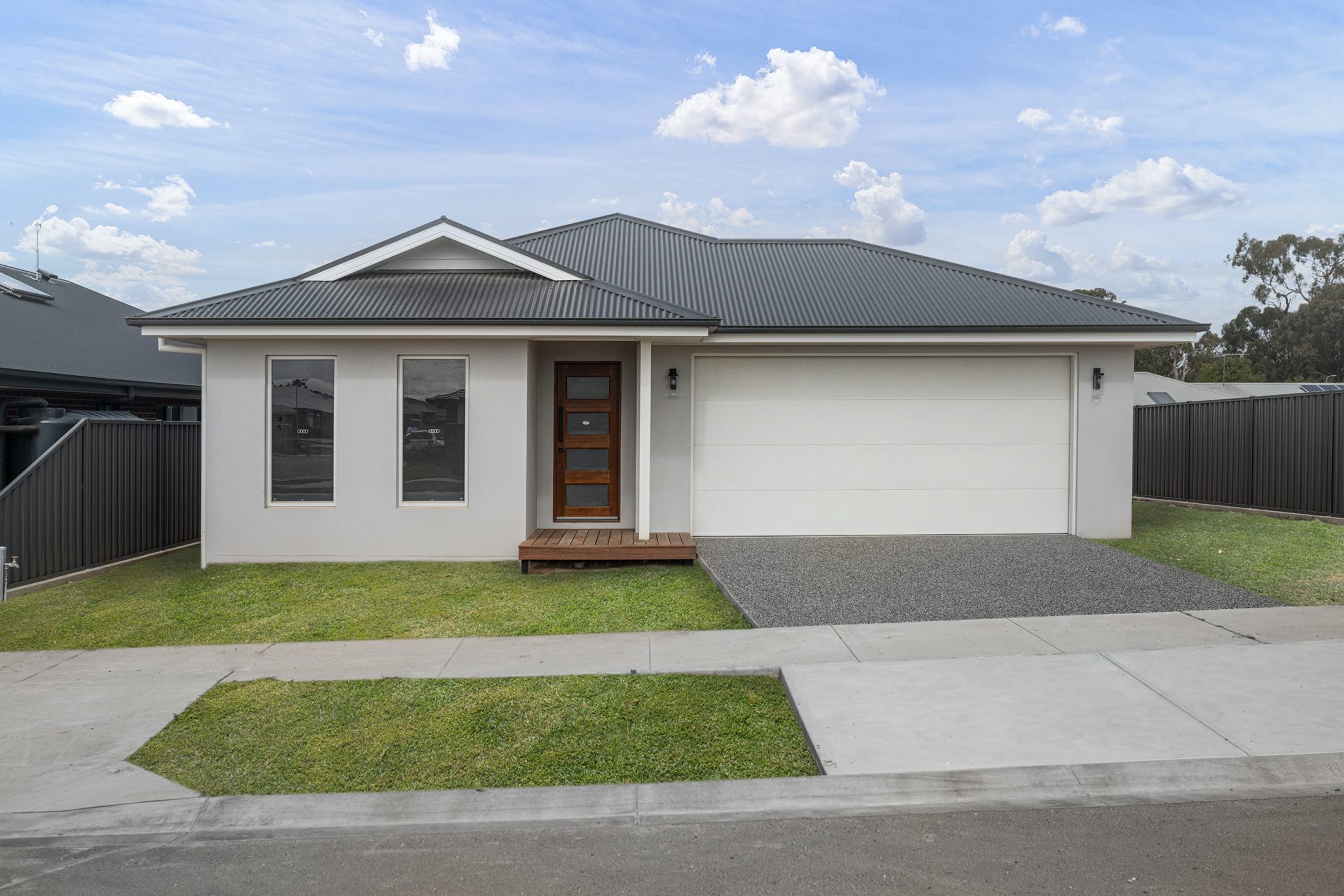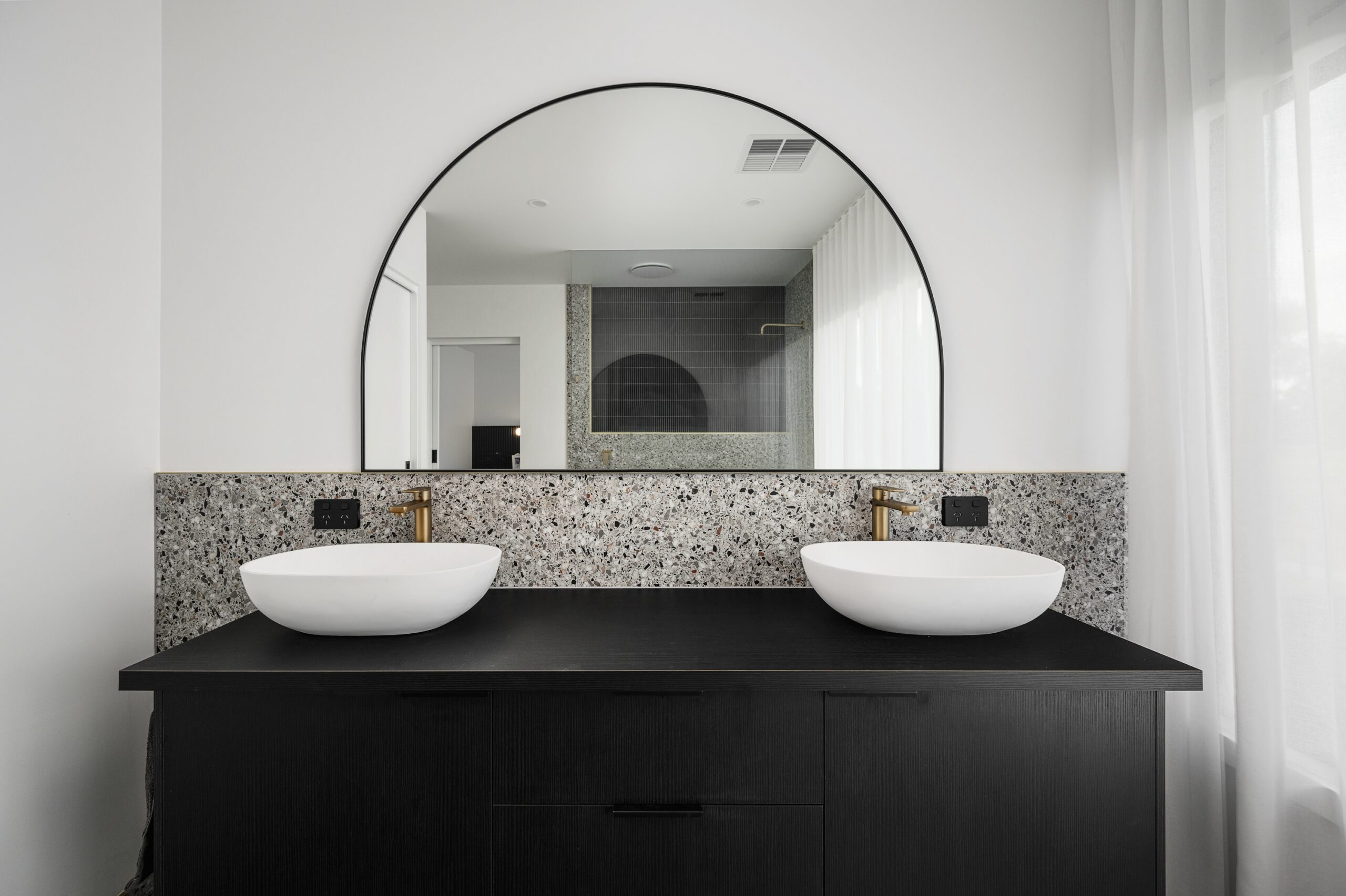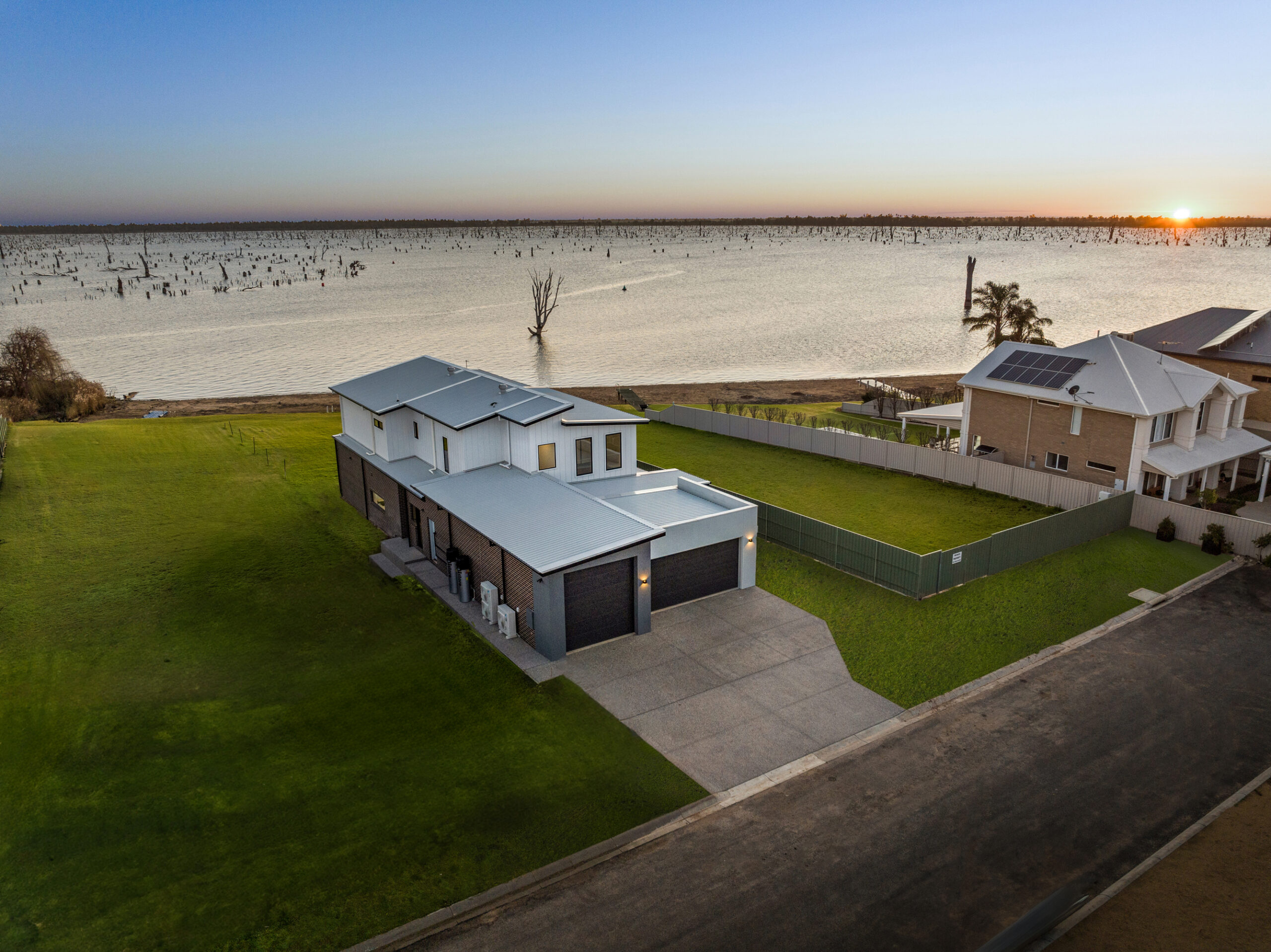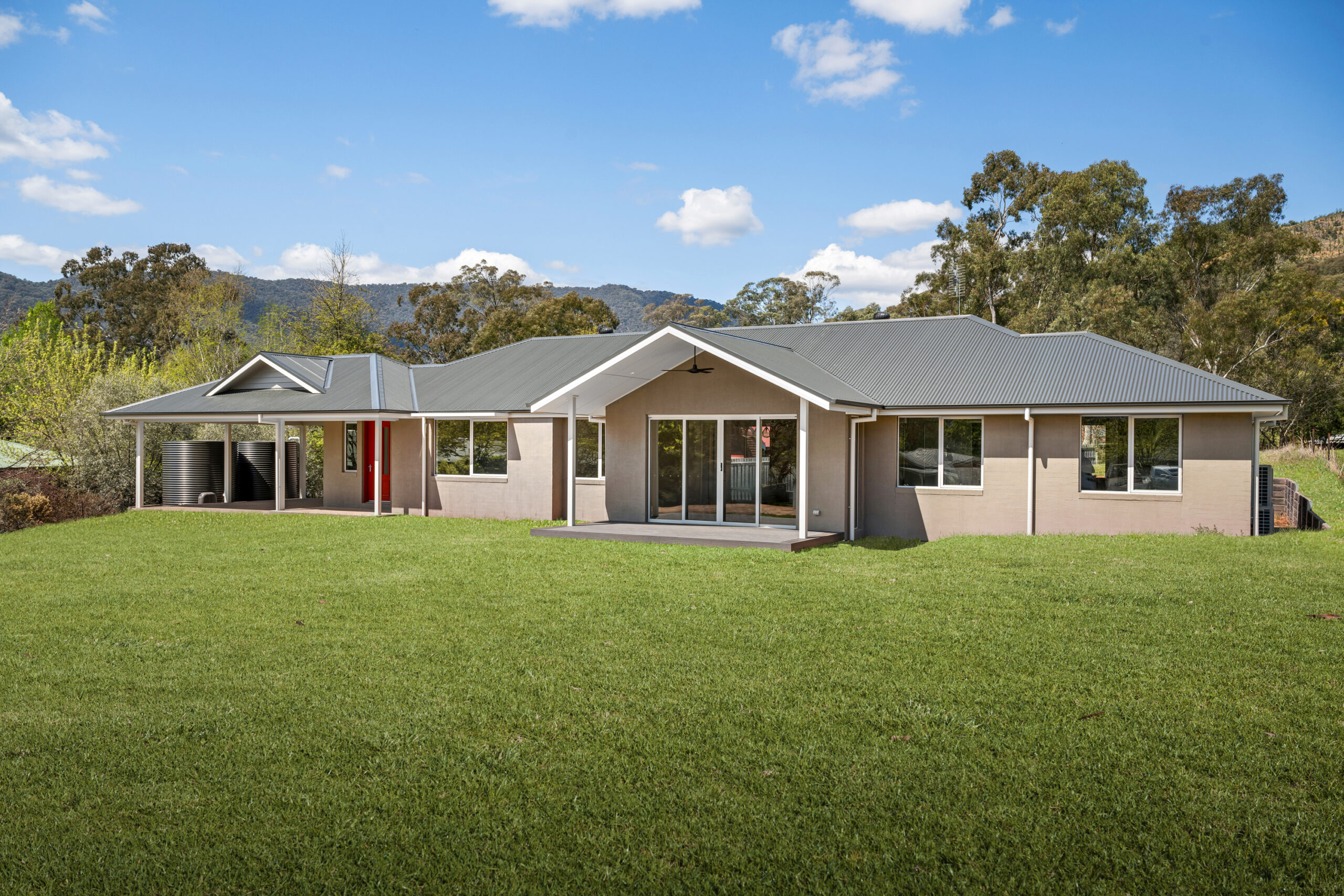It’s an exciting time when you’re finally ready to sign the contract on your brand-new building project. But before you do, you might be confused by some of the lingo found on your documents. While standard Master Builders Association contracts, like those we use at Crown Building & Construction, are relatively simple to comprehend, you may come across some unfamiliar phrases in the detailed cost estimate.
The two we’re most commonly asked about are prime cost and provisional sum. Read on to find out exactly what these terms means and how they can impact your building project.
Prime cost
Simply put, a prime cost is an allowance made in your building contract for an item that hasn’t yet been selected, or an item whose value cannot be determined at the time of the contract signing. A prime cost will include allowances for the cost of supply, delivery and installation.
Oftentimes, a prime cost will be put into your contract in place of a specific fitting or fixture – like tapware and door handles – which have not yet been selected. By putting aside an allocated amount of funds in the planning stage, you can choose the product at a later date without having to fork out additional spend.
Provisional sum
A provisional sum is used when the supply and installation of a package of works is unknown at the time of signing a contract. While a quality and trustworthy builder will work hard to ensure that accurate pricing is achieved throughout the entire cost estimate, sometimes this isn’t possible. This is where a provisional sum comes in.
At Crown Building & Construction, we often use provisional sums in contracts for things like groundwork which aren’t able to be determined during the contract signing stage. This could include specifics like how much concrete is needed on site or the landscaping required at the end of the build.
It’s important to note that if the allowance made for a prime cost or provision sum is more than the actual cost, you’ll receive the money back. If the allowance is less than the cost, you’ll need to pay the difference.
What you should know before signing your contract
While prime costs and provisional sums are often necessary for your breakdown of costs, you should be wary of too many prime cost and provisional sums items. if these unknown costs make up the bulk of your contract, your budget could very easily blow out.
You should also be wary of allowances that seem too slight for the job at hand. For example, if you know you’re looking at stone benchtops, but your contract only allocates a couple of hundred dollars, it’s likely that you’ll need to pay more for the specific product once you’ve made selections.
Be sure to ask your chosen builder plenty of questions and queries about these allocations before signing your contract, so you know exactly what you’re getting into. This way you’ll have assurance that the proposed costs won’t completely skyrocket upon commencement of your build.
___
Looking to work with a trustworthy builder who can help you stick to your budget? Get in touch with the team at Crown Building & Construction today.



